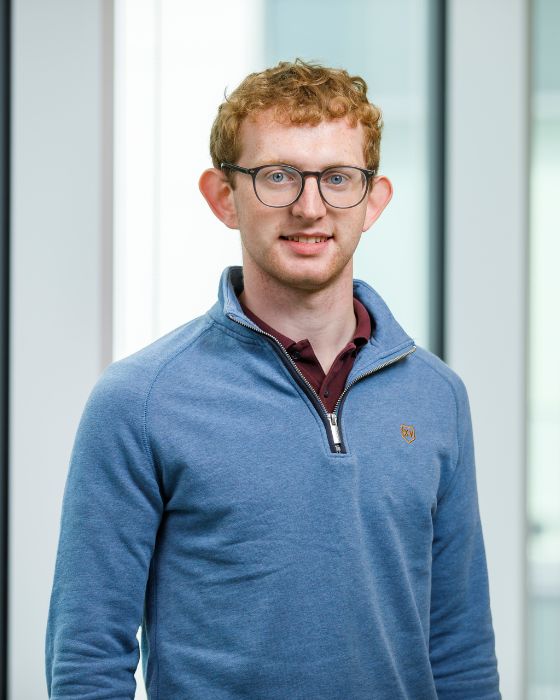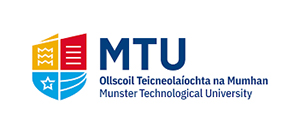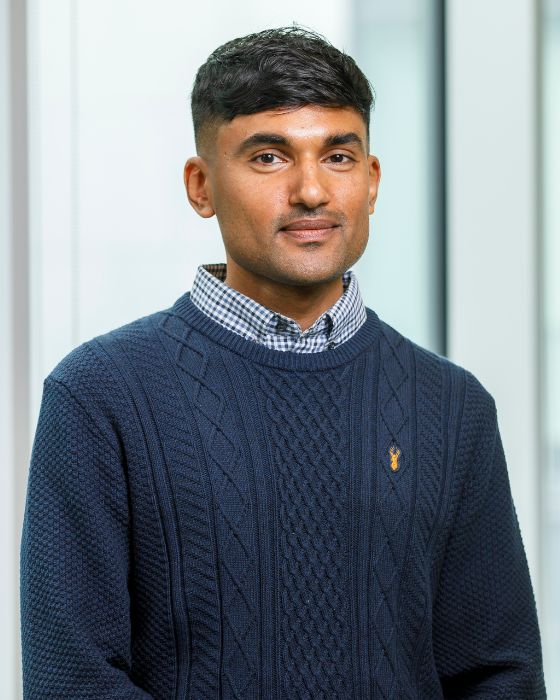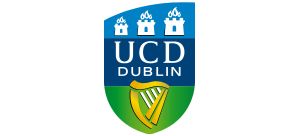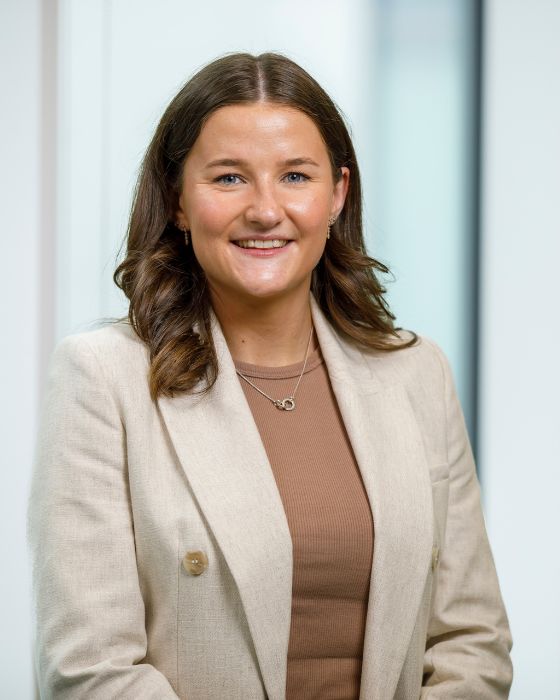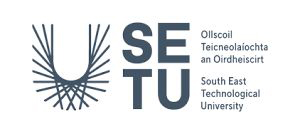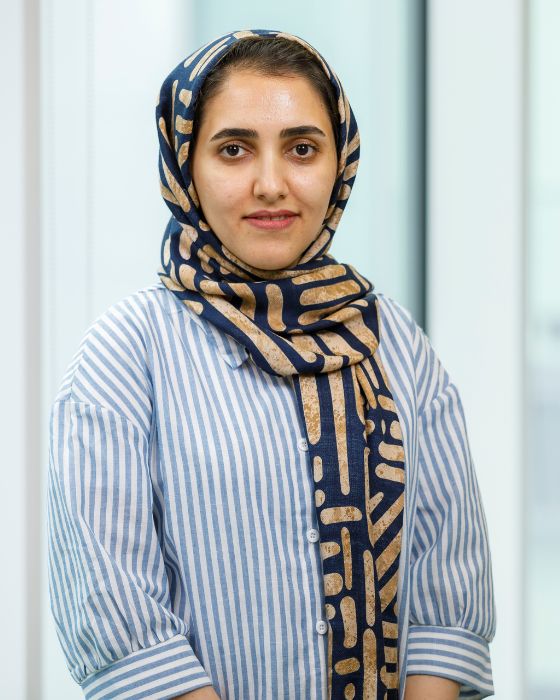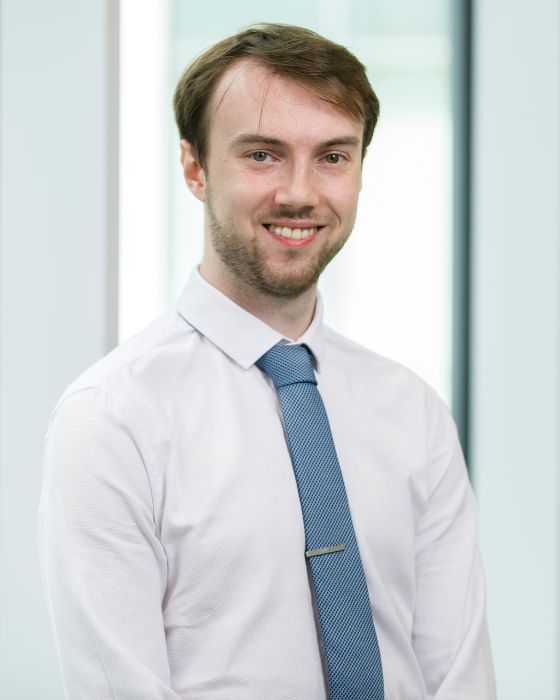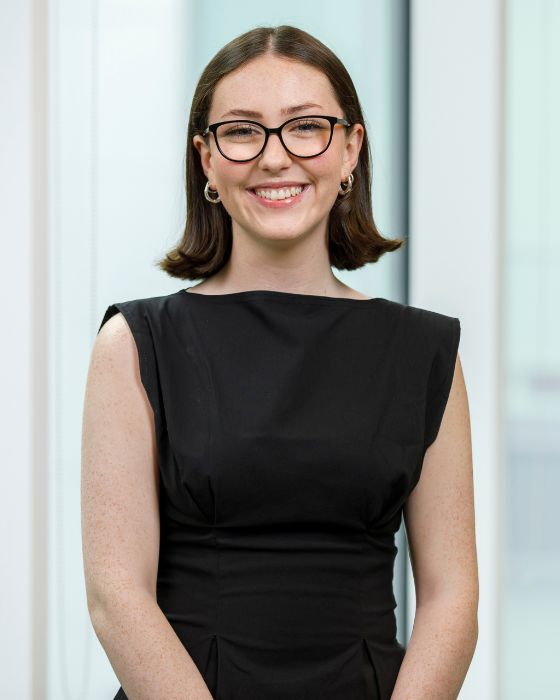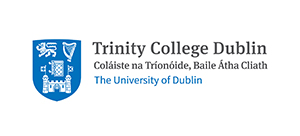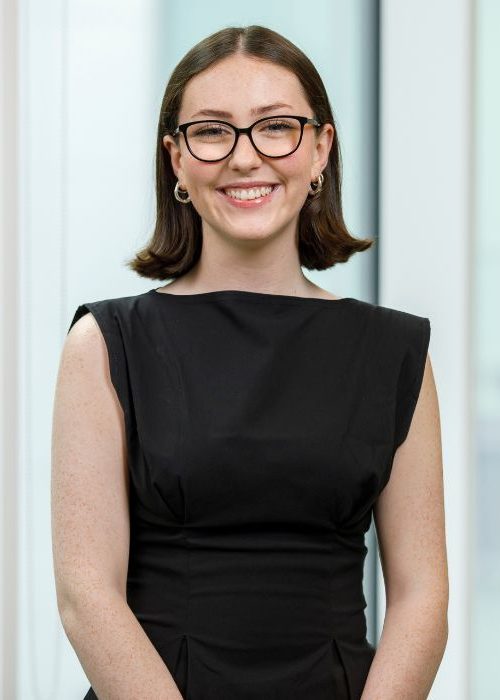iScholars
iScholars
Sustainability Innovation Leaders Of Tomorrow
iScholars will be the catalysts for navigating the transition to a sustainable future, through exceptional research, strategic vision, innovative mindset and the courage to challenge conventional practices.
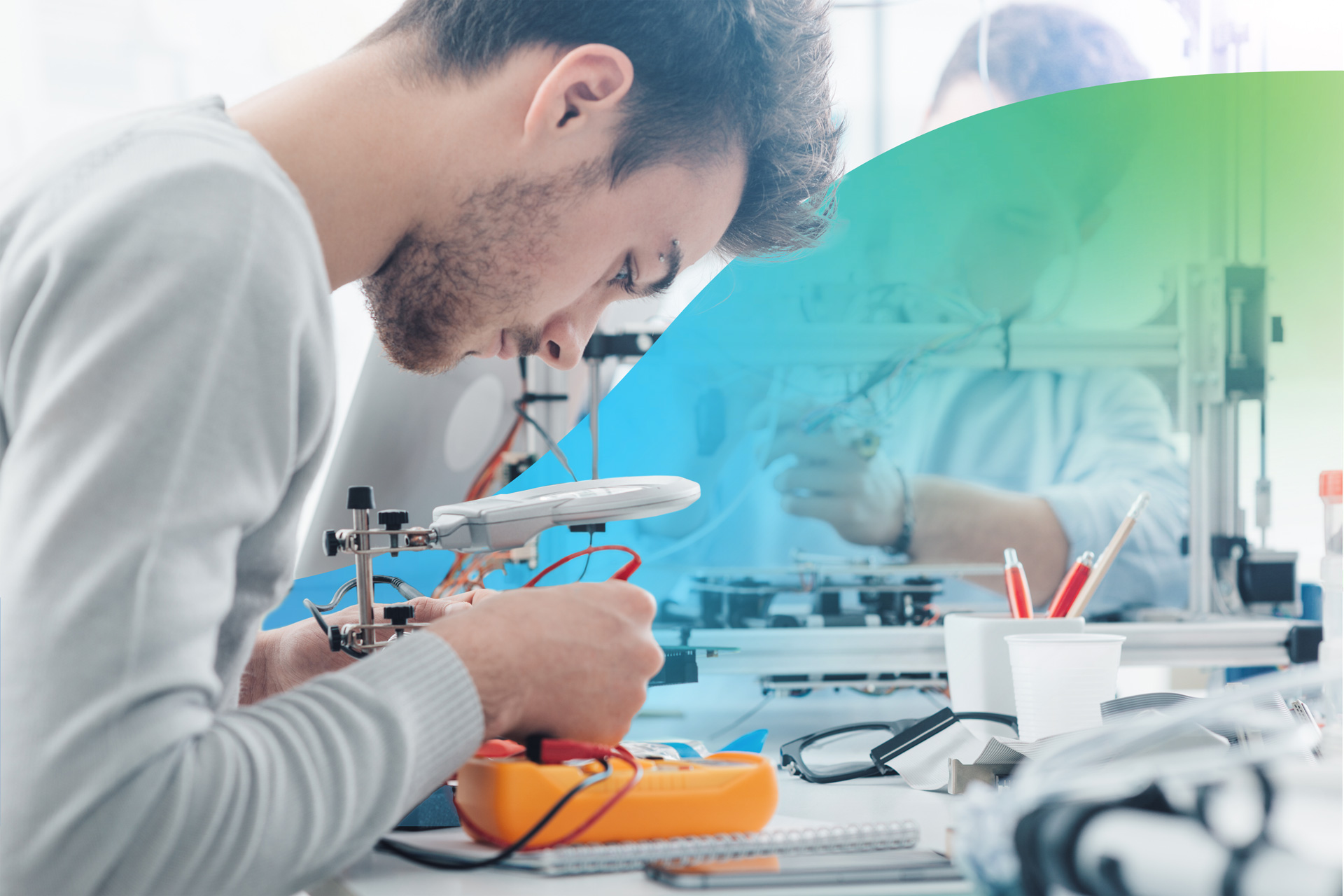
What makes an iScholar unique?
Transforming the world through sustainability innovation, one PhD at a time
Meet The iScholars
iScholars will be at the forefront of Ireland’s transformation towards a more sustainable future. Their focus will be on developing effective solutions that bring benefits to people and the environment.
United Kingdom
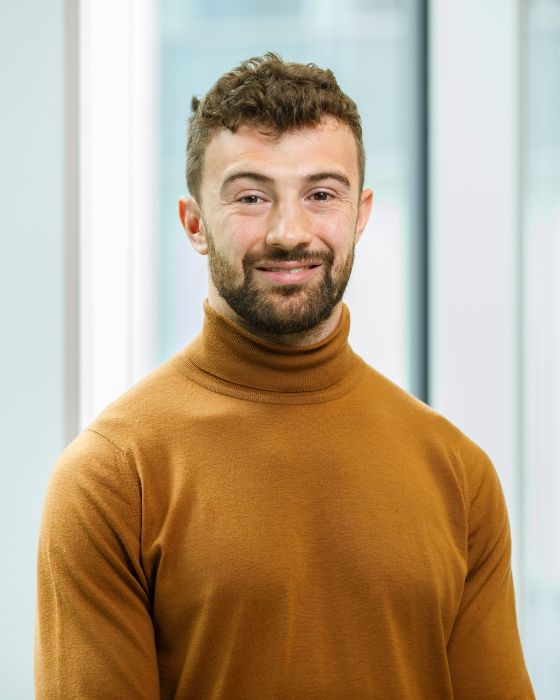
Ben Bond
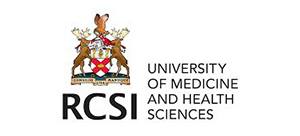
Theme: Impact of emerging digital technologies on human experiences
Ireland
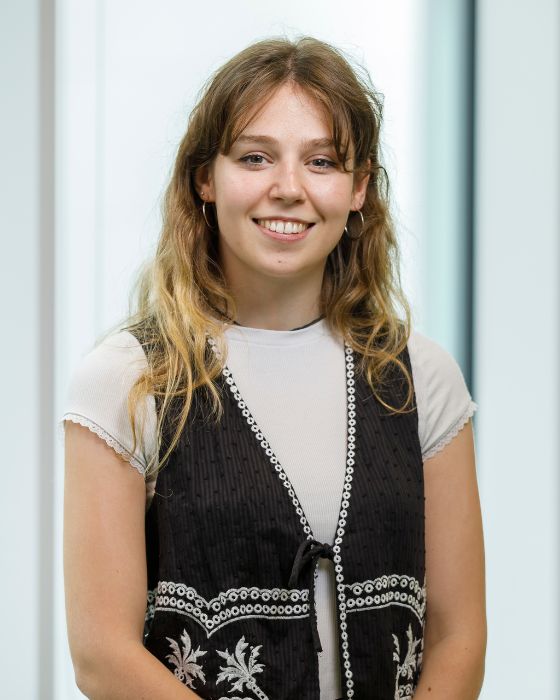
Maisie McDavid

Theme: Sustainable water, land use and natural resources management
Eligibility
iScholars are selected from an international pool of distinguished candidates. In addition to demonstrating academic excellence, a proven entrepreneurial mindset, outstanding leadership qualities and a passion for sustainability, prospective candidates must meet the following criteria.
Must have an undergraduate degree
Applicants who are currently enrolled in undergraduate degree programmes must be on track to successfully complete all degree requirements before August 1 of their Innovate for Ireland enrolment year. There are no requirements for a specific field of undergraduate study; all fields are welcome, but it is important for prospective candidate to demonstrate their passion for sustainability and entrepreneurship.
Must be proficient in the English language
Applicants must demonstrate strong English skills, as all teaching will be conducted in English. If the applicant’s native language is not English, official English proficiency test scores must be submitted with the application. This requirement is waived for applicants who studied at an undergraduate institution where the primary language of instruction was English for at least two years of the applicant’s academic programme. The requirement will also be waived for applicants who have studied in English for two or more years at a Master’s degree level or higher. Acceptable test options are: Test of English as a Foreign Language (TOEFL). Minimum score 100. International English Language Testing System (IELTS). Minimum score 7. Cambridge English: Advanced (C1) or Cambridge English: Proficiency (C2). Minimum score 185. Duolingo English Test. Minimum Score 130.
Must demonstrate interest in entrepreneurship
Applicants will need to have entrepreneurial capacity and interest along with outstanding research ability and academic credibility. In their application, applicants will be expected demonstrate their interest in entrepreneurship, innovation and leadership and how they will use the opportunity of Innovate for Ireland to further their research and career.
